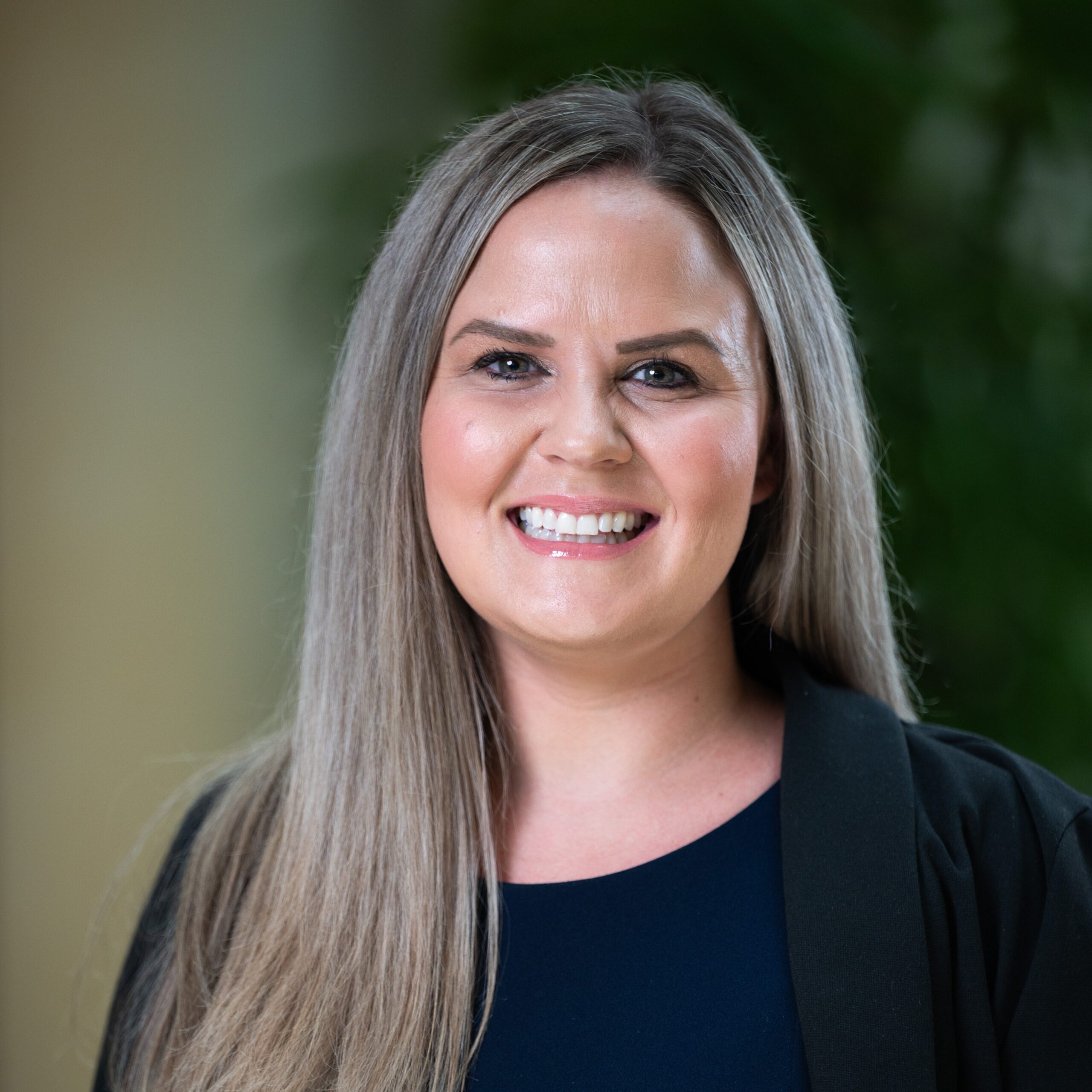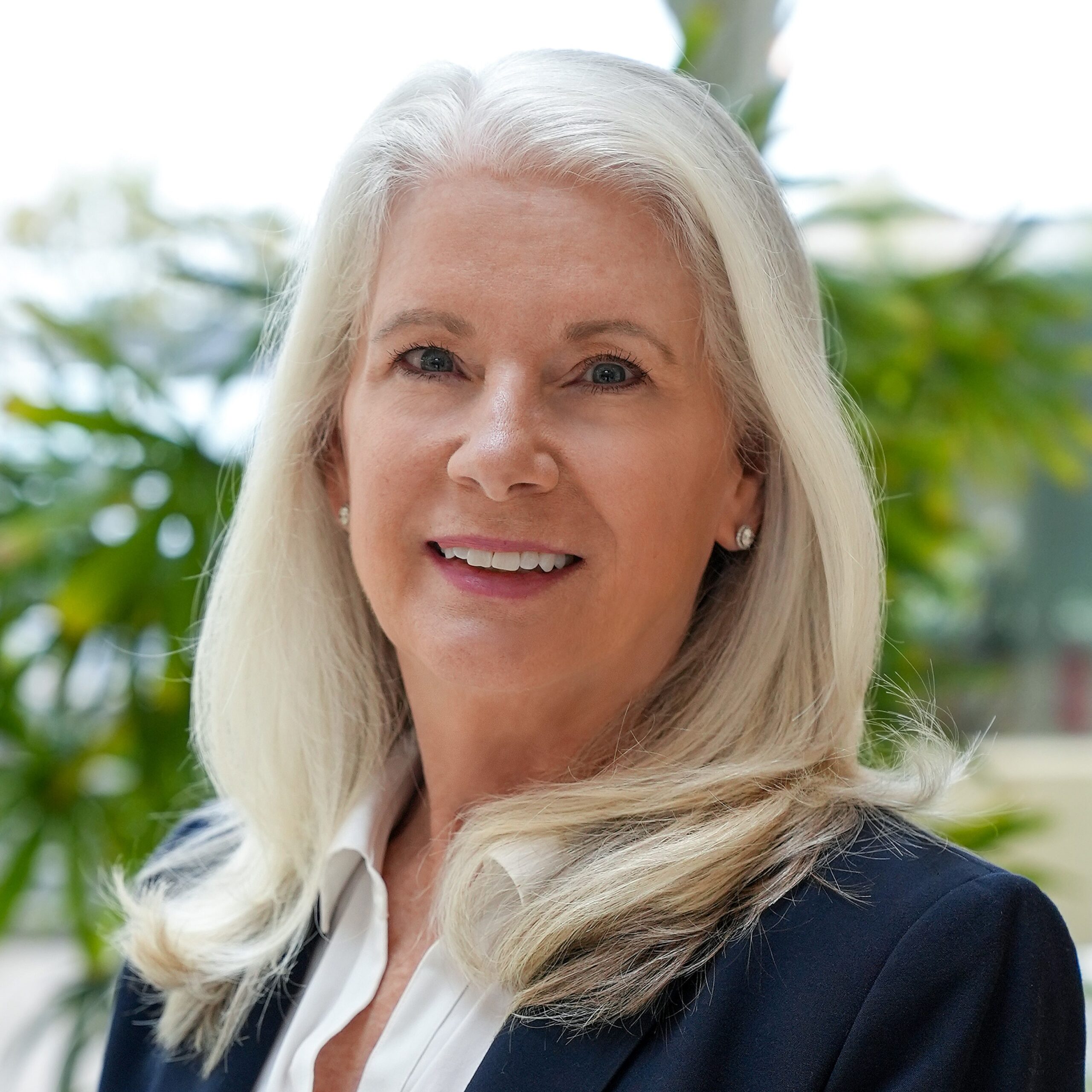Locum Tenens Licensing
Navigating the licensing landscape for locum tenens.
We’re experts at managing the licensing process to help you get to your patients faster. Want to work in a new state, or need help renewing an existing license? Our team will help you every step of the way.
Click here to go directly to our licensing map and learn the turnaround time for licensure in your state.
The licensing process with Jackson and Coker.
1. Application Prep
First, you’ll be assigned a dedicated Licensing Coordinator to help manage the process. Your Licensing Coordinator will send you a release form to sign, along with a prepopulated state licensing board application and a list of any state licensing requirements.
2. File Processing
Once you have completed the application, you’ll submit it and the supporting documentation back to your Licensing Coordinator. From there, we will collect any required verifications, including references and work history confirmations, and submit your full application package to the licensing board. If the board requests additional materials, we’ll help you gather them.
3. License Granted
The final approval process may include details like committees and additional signatures. Once those steps are completed, you will receive your license.
Locum tenens licensing map.
The time it takes to gain licensure can vary widely by state, specialty, and type of license. However, working with us often condenses turnaround time and gets you to your assignment faster.
The map below shows our average turnaround time for licensing in each state. Hover over your state to learn more and scroll down to read answers to the most common questions about the licensing process.
Locums licensing FAQs.
Licensing Overview
Proper licensure to practice medicine in the applicable state is needed. This includes a state license (MD, DO, RN, APRN, PA), controlled substance registration (in certain states), and a DEA registration.
Primary source verification is a process in which information is passed directly from the reporter to the requestor. All state licensing boards require this type of verification for credentials like education and work history. Verification can begin at any time in the process.
Controlled Substance Registration (CSR) is a state-authorized license that allows practitioners to prescribe controlled substances (i.e., medication). Some states have different names for this registration, such as Controlled Dangerous Substance Registration (CDSR) or Bureau of Narcotics and Dangerous Drugs Registration (BNDD).
Many states require this license in addition to the standard license and Drug Enforcement Administration (DEA). In these cases, the order in which the licenses must be granted is:
- State license.
- CSR license.
- DEA certificate.
If your specialty involves prescribing substances, yes. DEA registration is required for every state in which you prescribe, distribute, or handle medication. You may hold DEAs in multiple states simultaneously. Additionally, since the DEA certificate is a federal registration, you may change the address of the registration to match the state where you are currently working.
Before you can obtain your DEA license in CSR states, you must first register with PMP/PDMP, an electronic database used to monitor the prescribing and dispensing of controlled substances.
The IMLC is a collaboration agreement among participating U.S. states and territories that significantly streamlines the licensing process for physicians who want to practice in multiple states. It offers a voluntary, expedited pathway to licensure for physicians who qualify. Find out more about the Interstate Medical Licensure Compact.
The FCVS is a fast and convenient way for physicians and advanced practitioners to store core credentials that can be used for multiple state medical boards. The boards use this service to verify information for those applying for licensure, including residency, and medical school verification. There is a cost associated with this service.
The Uniform Application improves license portability by eliminating the need for physicians, physician assistants, and resident applicants to re-enter information when applying for licenses in multiple states. View a list of all boards that require uniform applications.
The Self-Query service searches the NPDB to see if the information on an individual or entity matches any report information stored in the NPDB. A self-query is a common requirement in most states’ licensing process and can be quickly pulled by the practitioner. Queries are $3 per order, with an additional fee of $3 for a mailed copy.
Background Checks
Yes, many state medical boards conduct criminal background checks as a condition of granting medical licensure. Fingerprints are often required.
Sometimes. Background check processes and prices vary from state to state.
There are two primary methods:
- Live Scan, an inkless, electronic method of capturing fingerprints.
- Ink cards, a traditional, hard-print FBI fingerprinting card. These can be sent out by the medical board, or you may request them from your local law enforcement agency.
The method chosen will vary by state medical board. Many out-of-state applicants will submit a traditional, ink-rolled set of fingerprints to the medical board or a third-party processing agency.
No. All background checks are specific to that licensing board.
Nursing
At Jackson and Coker, we currently only staff locum tenens opportunities for nurse practitioners.
APRNs are nurses who have met advanced educational and clinical practice requirements, and often provide services in community-based settings.
The NLC is a multistate license that allows nurses to work in their home state and other specified compact states with a single license (sometimes called a “compact license”). States that are considered compact states change constantly. View the list for the latest information on the Nurse Licensure Compact.
No. All states require that a nurse must have an RN license before gaining an APRN license. However, some states will allow the license applications to be processed in tandem.
Yes. If you hold an RN license already and wish to apply in another state, you can apply for licensure by endorsement or licensure by exam.
Not exclusively. To prescribe controlled substances, you must also hold a valid DEA registration certificate.


